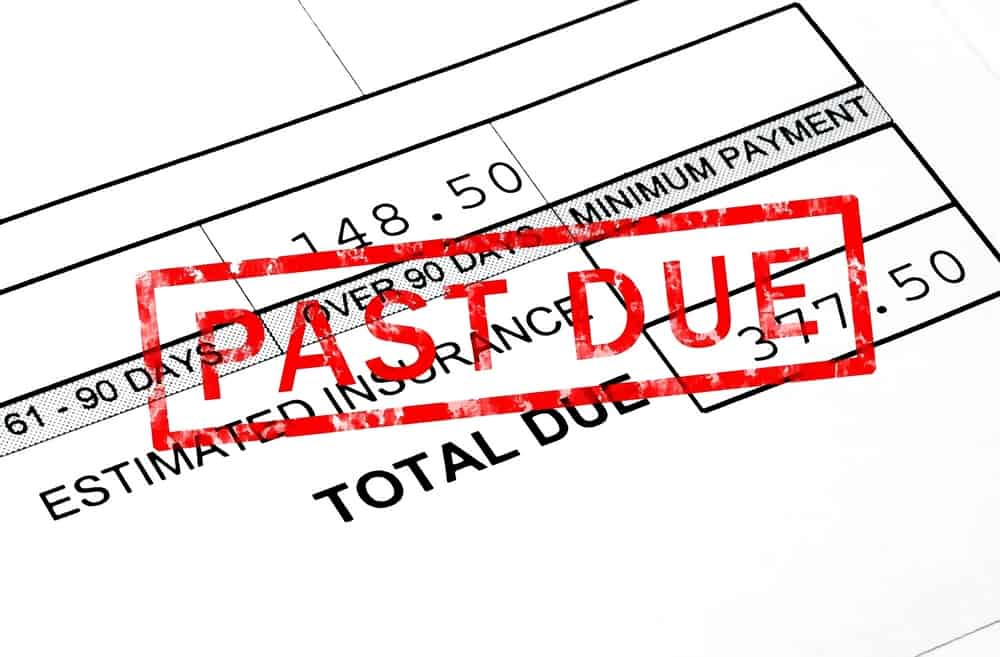In Ohio, as well as nationally, business debtors do not enjoy the same protections consumer debtors do. But, that doesn’t mean that debt collectors hold all the cards. In this article, we discuss some of your options if you are facing a commercial debt collection situation.
The Law Places Few Limits on Commercial Debt Collectors
State and federal law provide protection for consumers in their dealings with third-party debt collectors. However, neither the state of Ohio nor the federal government extends these protections to business debtors, or to individuals who have taken on debt for commercial purposes.
One of the most significant differences between individual debtors and business debtors is that individuals are entitled to several exemptions in the debt collection process.
For example, an Ohio individual is entitled to keep a certain amount of equity in a motor vehicle, a certain amount of cash, tools used to make a living, and a significant amount of equity in his or her home.
A business, on the other hand, is not entitled to exemptions. As such, real estate, equipment, inventory, and even accounts receivable are vulnerable to attachment to satisfy a judgment.
This discrepancy leaves struggling businesses at risk, since the seizure of operating capital, inventory, and other property can interrupt the company’s ability to generate income, worsening financial problems and potentially proving fatal to the business.
Business Debtors are Not Protected by the Fair Debt Collection Practices Act
The federal Fair Debt Collection Practices Act (FDCPA), which prohibits collection agencies, debt buyers, and others in the business of collecting consumer debt from abusing, harassing, deceiving or misleading consumer debtors, offers no protection for businesses, nor for individuals whose debt is commercial in nature.
This allows business debt collectors to pull out the stops and be more aggressive in collection efforts, increasing the pressure on commercial debtors. Just as important, business debtors don’t have the leverage consumer debtors do to push back against overly-aggressive collection agencies—a consumer being harassed by a debt collector can file a lawsuit under the FDCPA, seeking monetary damages and attorney fees. Often, in a consumer case, such a lawsuit is a pressure point that allows for settlement of the debt along with the FDCPA claim.
Options for Business Debtors
Although business debtors don’t enjoy the same protections as consumers and don’t have the same options in the collections process, that doesn’t mean a business facing financial difficulties is powerless. Working with an attorney experienced in helping Ohio businesses navigate debt issues can help you regain control and find the best solution based on your circumstances and priorities.
Some possibilities include:
- Negotiating with creditors
Often, when a creditor is putting the pressure on for quick payment, it isn’t because that creditor is eager to get paid. Rather, it may be that the creditor sees that the business is struggling and fears that the opportunity to collect may be slipping away. Presenting creditors with a viable plan may give you the breathing room to stabilize operations.
- Securing bridge financing
Most businesses experience cash flow problems at some point. When your business is struggling financially, it’s important to objectively assess whether you’re in trouble or simply short of capital in the short-term. If the problem is one of cash flow rather than underperformance, you may be able to secure additional funding or additional time to pay.
- Dissolving the business if it is a separate entity such as a corporation
While creditors may pursue assets of the business, in most cases they cannot reach beyond the business to pursue individual principals unless one of the principals personally signed or guaranteed the payment of a debt. Thus, dissolution typically winds up the issue, whether or not business debts are wholly satisfied.
- Filing for bankruptcy protection
There are two types of bankruptcy petition available to business entities—Chapter 7 and Chapter 11. In Chapter 7 bankruptcy, a business wraps up its operations and ceases to exist. In Chapter 11 bankruptcy, the business reorganizes debt in an effort to become profitable again. It’s usually not a good idea for a business to file a Chapter 7 bankruptcy. More often, the principals of a business will file a bankruptcy petition.
The best option for your business depends on the specifics of your situation. The amount of debt, your business’s history, whether any of the principals have personally guaranteed debt, whether the business is viable moving forward, and more.
An experienced Corporate Bankruptcy and Restructuring Attorney can help. Just call 440-946-7656 to schedule a consultation.








